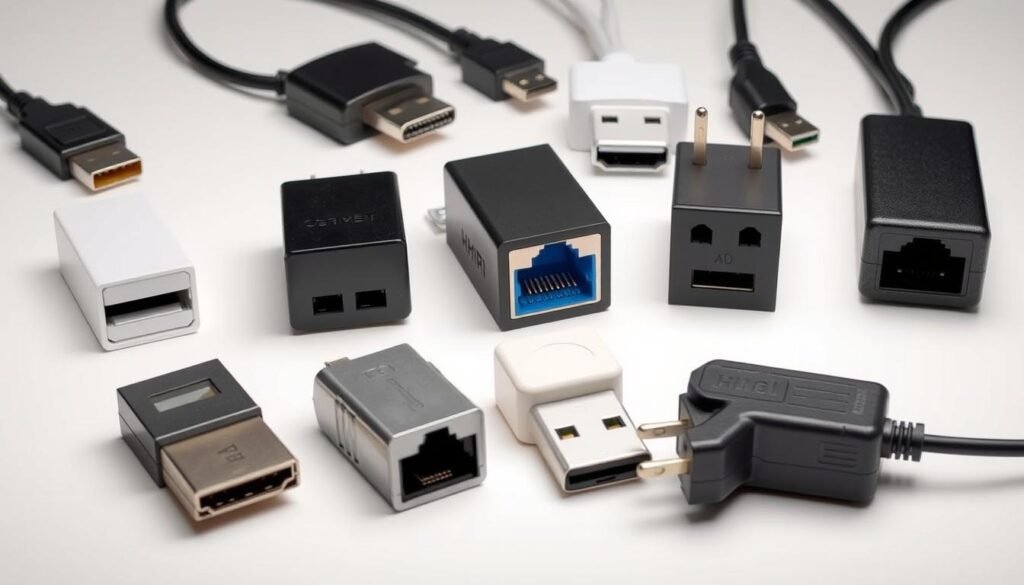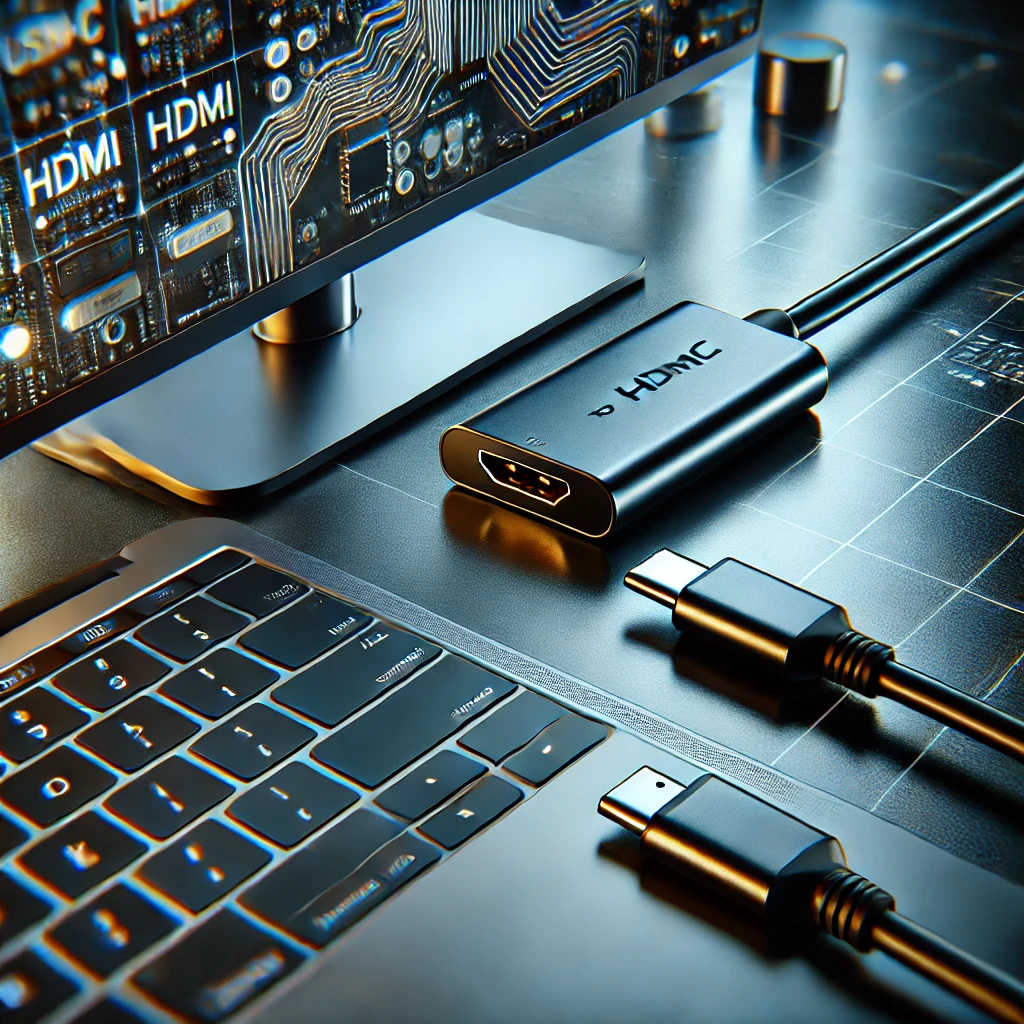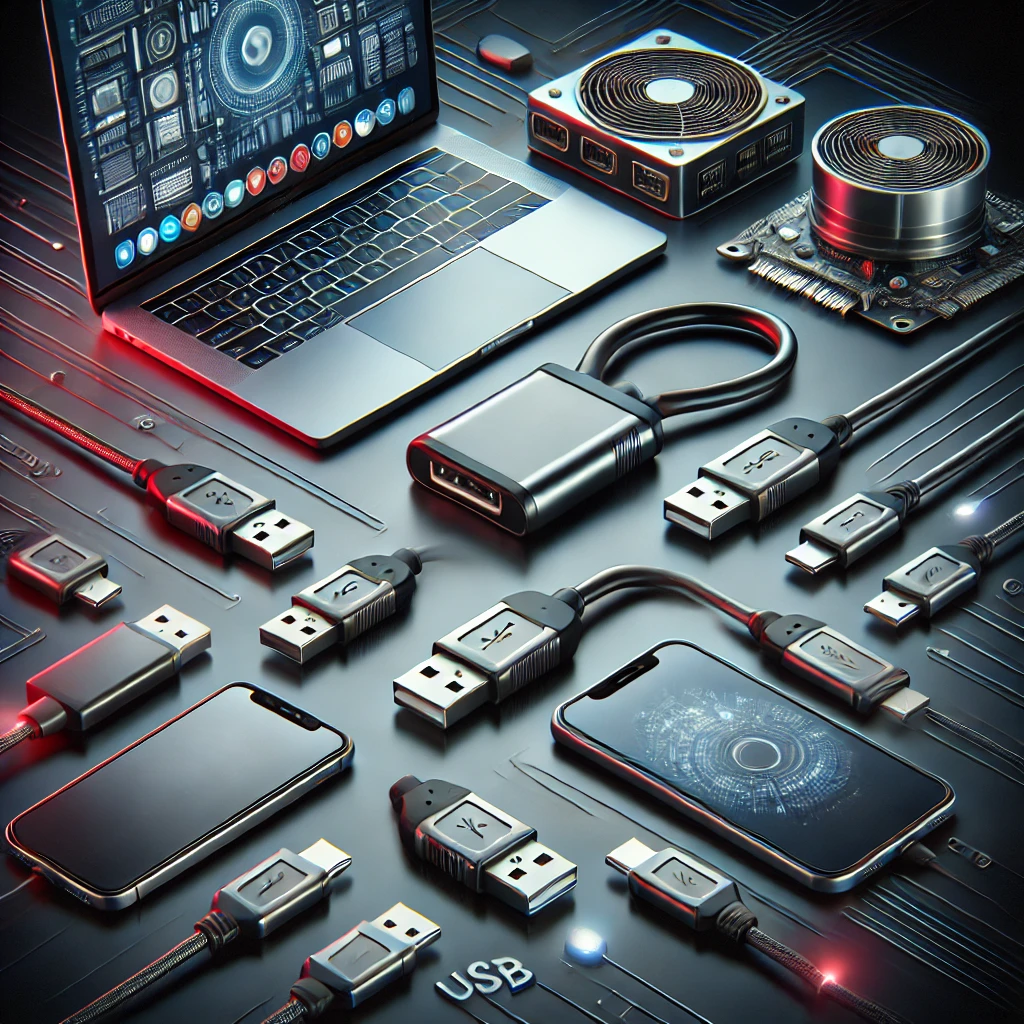In our increasingly connected world, technology thrives on communication between devices. However, not all devices speak the same language. This is where adapters come into play, serving as essential translators that allow different technologies to communicate seamlessly. In this article, we’ll delve into the fascinating world of adapters, exploring how they function, the various types available, their vital role in ensuring compatibility among diverse devices, and tips for choosing the right one.
What Are Adapters?
Adapters are devices that facilitate the connection between two or more incompatible systems or components. By converting one type of signal, connector, or interface into another, they enable devices that otherwise couldn’t interact to work together. Whether it’s a simple plug adapter or a complex audio/video converter, adapters are integral to modern technology.
Key Functions of Adapters
- Signal Conversion: Adapters can convert analog signals to digital and vice versa, ensuring that different devices can interpret the data being transmitted.
- Connector Compatibility: Many devices have unique connectors. Adapters bridge these gaps by converting one connector type to another.
- Protocol Translation: Adapters may translate communication protocols, allowing devices that use different standards to work together.
Types of Adapters
1. Audio and Video Adapters
These adapters are designed to convert audio and video signals between different formats. Examples include HDMI to VGA adapters, which allow modern devices to connect to older displays, and RCA to 3.5mm adapters for connecting portable devices to audio systems.
2. USB Adapters
USB adapters play a crucial role in connecting devices with different USB standards. For instance, a USB-C to USB-A adapter allows newer devices to connect to older USB ports, ensuring compatibility across various devices.
3. Power Adapters
Power adapters convert voltage levels to suit different devices. They ensure that devices designed for specific voltage standards can function safely when plugged into different power sources.
4. Network Adapters
Network adapters allow devices to connect to networks, either wired or wirelessly. Ethernet to USB adapters enable laptops without Ethernet ports to connect to wired networks, while Wi-Fi adapters allow non-wireless devices to access the internet.
How Adapters Work
The Science Behind Adapters
Adapters operate by utilizing electronic components to process signals. For example, an HDMI to VGA adapter includes an integrated circuit that converts digital HDMI signals into analog VGA signals. This conversion process involves several steps, including signal sampling, processing, and reformatting, ensuring that the output matches the requirements of the receiving device.
Importance of Quality
Not all adapters are created equal. The quality of the materials and components used in an adapter can significantly impact its performance. High-quality adapters provide better signal integrity, reducing issues like data loss or poor audio/video quality. It’s essential to invest in reputable brands to ensure reliable performance.
The Role of Adapters in Modern Technology
Enhancing Compatibility
Adapters are vital for ensuring that various devices can communicate effectively. For instance, as technology evolves, new standards emerge, rendering older devices obsolete. Adapters help bridge these gaps, allowing users to continue using their existing devices without the need for costly replacements.
Facilitating Innovation
By enabling different devices to work together, adapters foster innovation. They allow manufacturers to create diverse products without worrying about compatibility issues. For example, a gaming console can connect to a variety of displays and audio systems, enhancing the user experience and expanding the gaming ecosystem.
Real-World Use Cases
- Home Theater Systems: Connecting a laptop to a projector or a TV using HDMI to VGA adapters.
- Mobile Devices: Using USB-C to headphone jack adapters for older audio equipment.
- Professional Audio: Linking microphones to mixers using XLR adapters.
Case Studies
- Audio Production Setup: Sound engineers often rely on adapters to connect microphones, mixers, and recording devices. For example, an XLR to 1/4” TRS adapter allows a professional microphone to connect to a standard audio interface, enhancing the workflow and improving sound quality.
- Gaming Setup: Gamers frequently use USB to Ethernet adapters to improve connectivity for online gaming. These adapters allow users to connect their consoles to a wired network, providing more stable internet connections compared to Wi-Fi.
Common Misconceptions About Adapters
Addressing Myths
- Myth: All adapters degrade signal quality.
- Truth: While some low-quality adapters can cause degradation, many high-quality adapters maintain signal integrity.
- Myth: Cheap adapters are just as good as expensive ones.
- Truth: Investing in reputable brands often results in better performance and reliability.
Maintenance Tips
- Proper Storage: Store adapters in a cool, dry place to prevent damage.
- Avoid Overuse: Minimize wear and tear by not leaving adapters plugged in when not in use.
- Regular Inspection: Check for any signs of wear or damage, especially in connectors and cables.
Future Trends in Adapter Technology
Emerging Technologies
As technology continues to evolve, the future of adapters looks promising. Innovations such as wireless adapters and smart adapters that offer built-in features like signal enhancement and device recognition are on the horizon. Additionally, the introduction of USB4 is expected to standardize connectivity further and improve compatibility across various devices.
FAQs About Adapters
1. Can I use a USB adapter for Thunderbolt devices?
- Answer: No, USB and Thunderbolt are different protocols. Always ensure that the adapter is explicitly designed for the device type you are connecting.
2. What should I do if my adapter doesn’t work?
- Answer: Check the connections, ensure compatibility, and try using a different adapter or cable to troubleshoot the issue.
3. Are there eco-friendly options for adapters?
- Answer: Yes, many manufacturers now produce eco-friendly adapters made from sustainable materials. Look for certifications and recycling options.
Conclusion
Adapters play a crucial role in making technology speak the same language, bridging the gaps between incompatible devices and enabling seamless communication. From audio and video connections to power and network interfaces, adapters enhance compatibility and foster innovation in the tech landscape. As technology continues to evolve, the importance of adapters will only grow, making them an essential component of modern connectivity. Whether you’re connecting devices at home or in a professional setting, understanding the role of adapters can help you make informed decisions and ensure a smooth, efficient experience. If you have any experiences or tips related to using adapters, feel free to share in the comments below!
Resources for Further Learning
- YouTube Tutorials: Search for video tutorials on adapter technology and DIY electronics.
- Electronics Forums: Join forums to discuss and share your projects with fellow enthusiasts.
- Books on Electronics: Consider reading books that delve deeper into connectivity standards and electronics.
Related Articles:
- Mastering Adapters: Tips for Proper Use and Maintenance
- Adapters 2.0: Navigating the Future of Connectivity
- Decoding Adapter Jargon: A Beginner’s Guide to Adapter Terminology
- Navigating the Adapter Maze: Tips for Choosing the Perfect Fit
- Demystifying Adapters: Debunking Common Misconceptions
- Unlocking Possibilities: The Advantages of Adapters in the Tech World
- Decoding the Magic: How Adapters Make Tech Speak the Same Language
- Adapters Through the Ages: A Journey from Analog to Digital
- Adapters Through the Ages: A Journey of Technological Evolution
- Adapters: The Unsung Heroes of Connectivity



